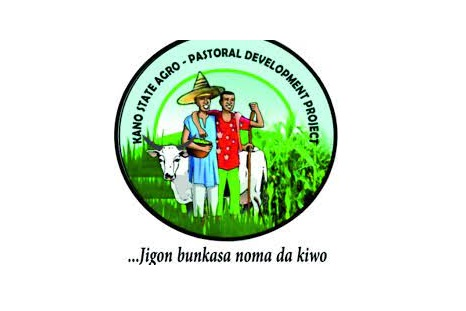Kano State Agro-Pastoral Development Project (KSADP) has signed an agreement with the Nigerian Institute of Animal Science (NIAS) for pasture production in the state.
This is sequel to a meeting held between officials of the two organisations, at the side-line of the just concluded National Agricultural Show, held at Karu, Nasarawa State, a statement by the project communications specialist, Ameen K Yassar, noted.
He said the availability of pasture is very crucial in the development of Nigeria’s expanding livestock industry as the bulk of the animal protein especially milk and meat, consumed in the country, are derived from cattle and small ruminants.
Shortly after signing the agreement in Kano, the State Project Coordinator, KSADP, Malam Ibrahim Garba Muhammad, revealed that as part of the agreement, the project has allocated four hectares of land to NIAS, at Kadawa, Garun Mallam Local Government Area, for pasture production.
“When the demo plot is fully developed, it will be handed over to us (KSADP) and it will be used not only for pasture production but for the training of students of agriculture as well as for servicing of pasture producers and livestock farm owners.
“This will go a long way in supporting our fodder development initiative since presently, we have a 20-hectare fodder seed multiplication scheme at Dudduru, Ajingi Local Government, which is expected to form the backbone of large-scale, commercial fodder production in the state”, he said.
The Registrar/Chief Executive Officer of NIAS, Professor Eustace Ayemere Iyayi was also quoted to have said the endeavour would help in meeting the increasing demand for fodder, explaining that the institute would use irrigation and rain-fed pasture production techniques to develop the four hectares given to it.




